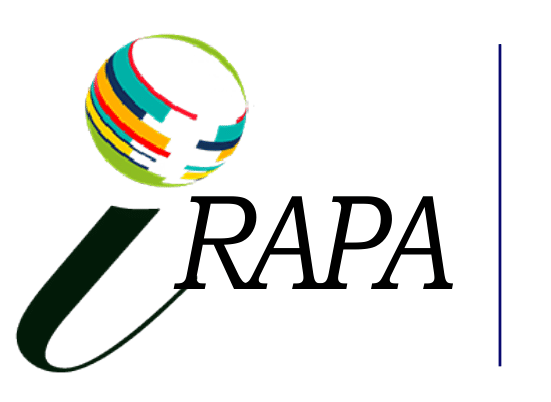Sana Zaidi
 Corresponding Author
Corresponding Author
How to Cite:
Zaidi, S. (2022). Barriers to Career Advancement Opportunities for Female Faculty: A Study of Public and Private Universities in Pakistan. Academy of Education and Social Sciences Review, 2(1), 33–46. https://doi.org/10.48112/aessr.v2i1.110
Publisher’s Note:
International Research and Publishing Academy (iRAPA) stands neutral with regard to jurisdictional claims in the published maps and institutional affiliations.
Copyright:
© 2021 Academy of Education and Social Sciences published by International Research and Publishing Academy (iRAPA)
This is an Open Access article published under the Creative Commons Attribution 4.0 International (CC BY 4.0) (https://creativecommons.org/licenses/by/4.0/)
Creative Commons Attribution (CC BY): lets others distribute and copy the article, to create extracts, abstracts, and other revised versions, adaptations or derivative works of or from an article (such as a translation), to include in a collective work (such as an anthology), to text or data mine the article, even for commercial purposes, as long as they credit the author(s), do not represent the author as endorsing their adaptation of the article, and do not modify the article in such a way as to damage the author's honour or reputation.
Recent Articles




